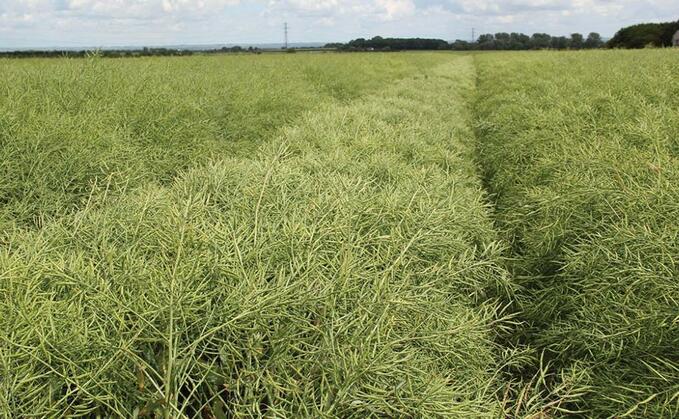
With many oilseed rape crops having a prolonged flowering period due to cool weather in April and May, it will be particularly important not to apply a desiccate too early this season to avoid reducing...

With many oilseed rape crops having a prolonged flowering period due to cool weather in April and May, it will be particularly important not to apply a desiccate too early this season to avoid reducing...